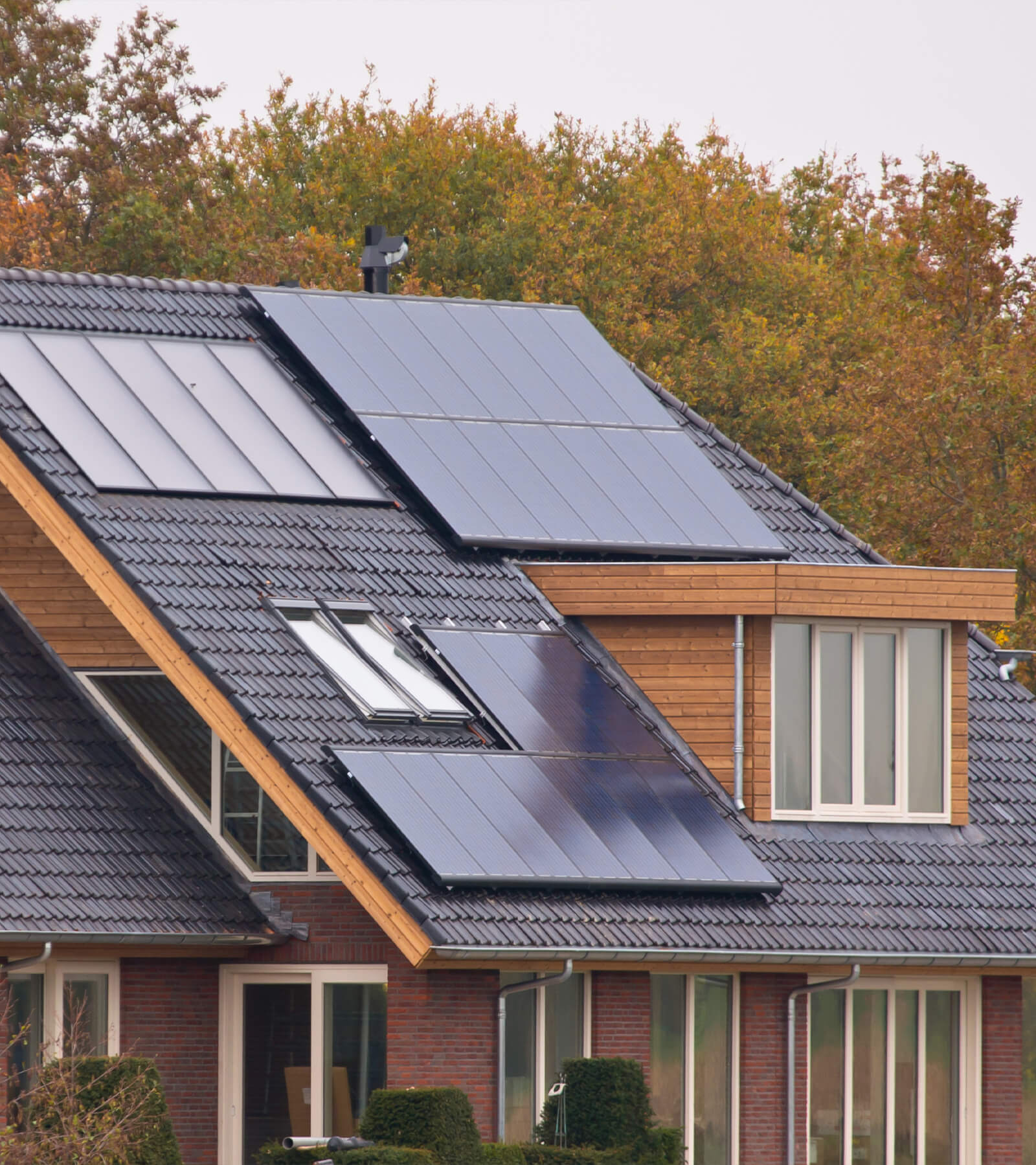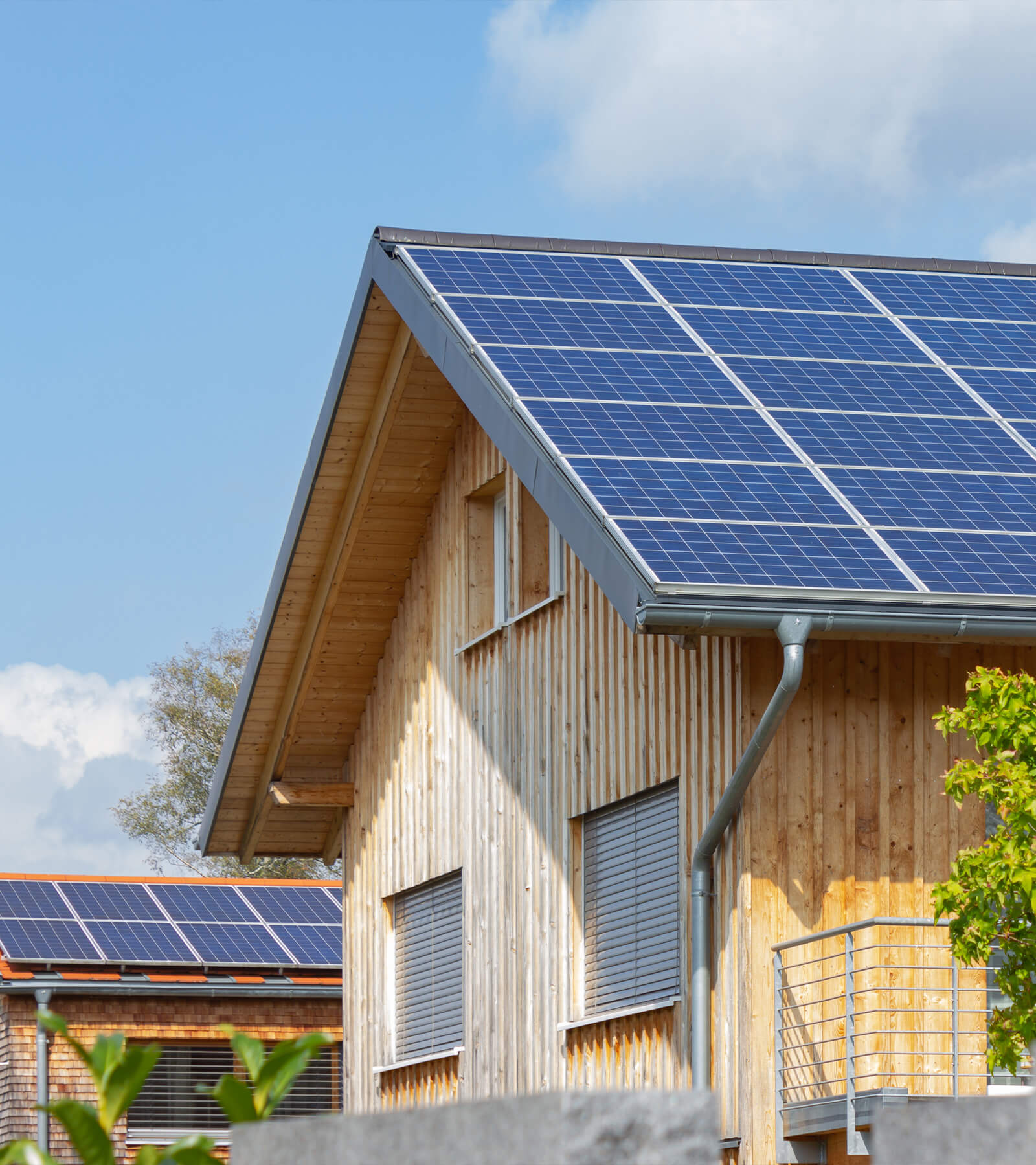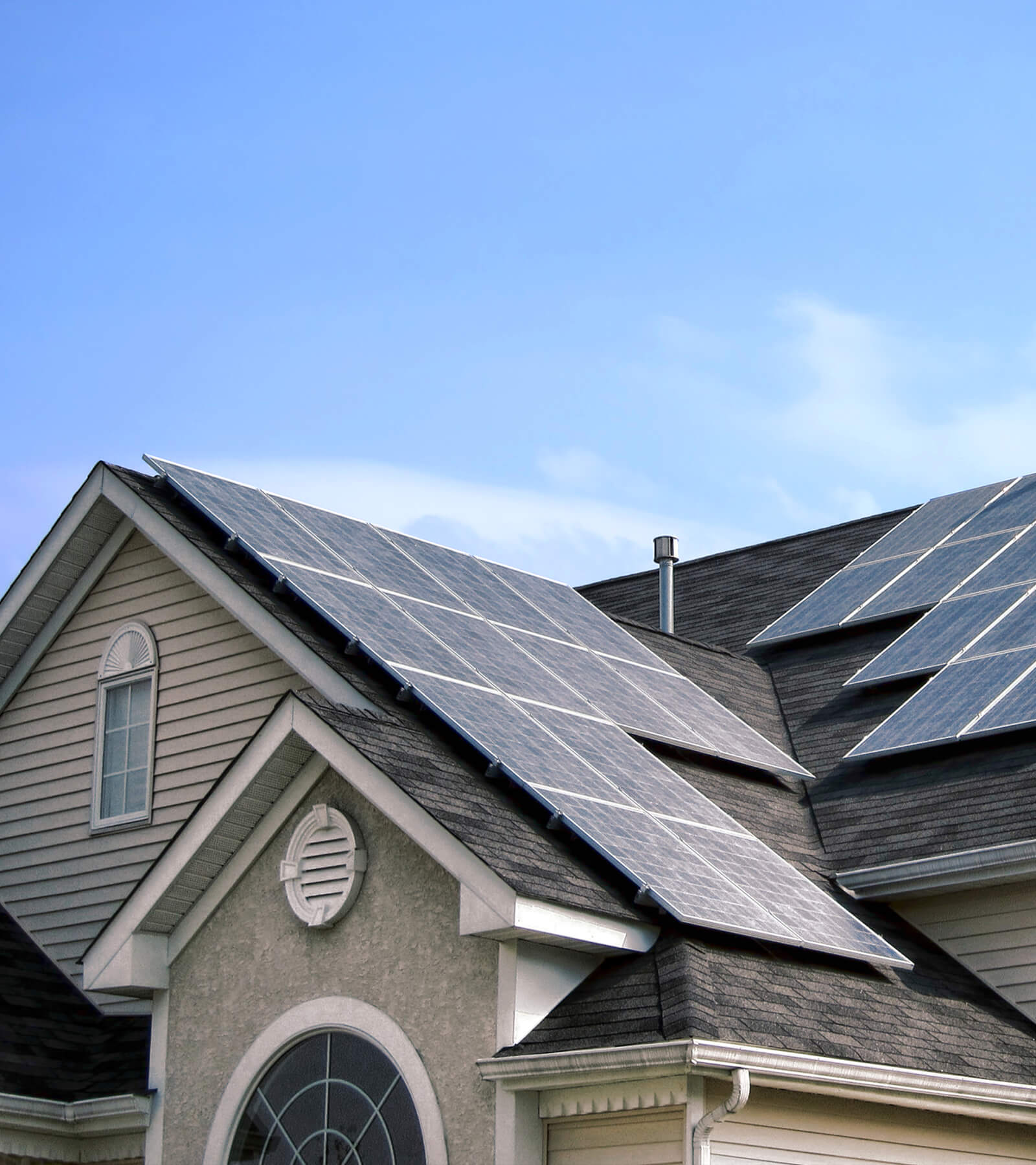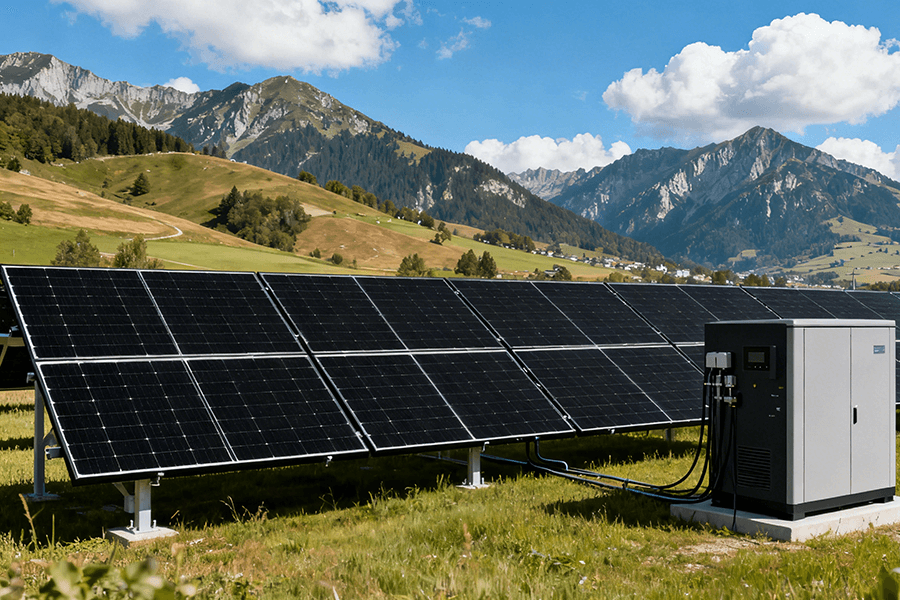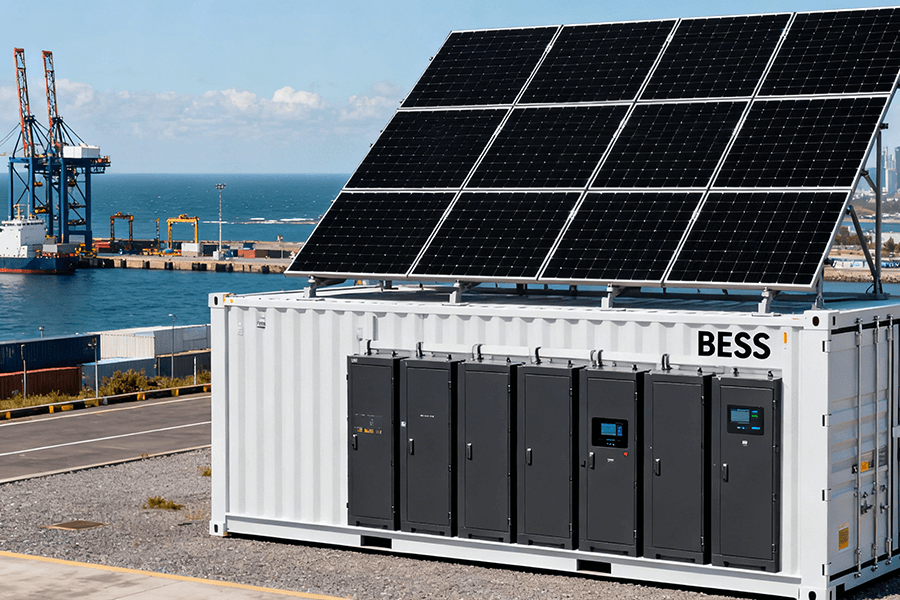
Why Europe Can’t Get Enough of Modular BESS Containers
Europe’s energy goals aren’t just lofty—they’re legally binding. The EU’s Green Deal mandates a 55% emissions cut by 2030 and net-zero by 2050, and renewable energy is the backbone of that plan. But here’s the catch: sun doesn’t shine 24/7, and wind doesn’t blow on command.
Modular BESS containers fix that “intermittency problem” while checking boxes for grid stability, emergency backup, and rural electrification. They bridge the gap between renewable generation and real-time demand, making clean energy more practical and reliable than ever before. Let’s break down the demand drivers with hard numbers:
|
Energy Scenario
|
Key Demand Driver
|
Supporting Data
|
|---|---|---|
|
PV/Wind Integration
|
Curbs “waste” of excess renewable energy and optimizes grid absorption
|
35% of EU solar capacity will be rooftop-mounted by 2025—most need storage to avoid grid overload; BESS reduces solar curtailment by up to 60%
|
|
Grid Stability
|
Mitigates frequency fluctuations from high renewable penetration
|
EU grid requires ±0.2Hz frequency deviation—BESS cuts fluctuations by 40% vs. traditional gas-fired plants; response time <10ms
|
|
Emergency Backup
|
Complies with EU critical infrastructure resilience standards
|
92% of European hospitals now require 72+ hours of backup power (up from 65% in 2020); BESS achieves 99.99% availability
|
|
Remote Area Power
|
Avoids costly grid extension to rural/isolated regions
|
Off-grid PV-BESS systems in Spain are 30% cheaper than grid connection for remote EV charging; saves €12k-€18k/year in diesel costs for rural communities
|
The Secret Sauce: Core Advantages of Modular BESS Containers
If modular BESS containers were a car, they’d be a Tesla with a Swiss Army Knife in the glove box—high-tech, adaptable, and built to last. In a market flooded with one-size-fits-all solutions, their unique combination of flexibility and ruggedness makes them stand out. Here’s the breakdown of their key competitive edges:
Customization: Tailored to Your Exact Needs (No IKEA Headaches)
Europe isn’t one-size-fits-all—why should its energy storage be? A winery in Tuscany needs specialized fire suppression to protect adjacent vineyards; a wind farm in Norway demands extra insulation for sub-zero temperatures; a data center in Amsterdam requires advanced BMS (Battery Management System) to sync with its critical load management.
Our modular approach starts with a rugged, EU-standard container shell and lets you select every component:
-
Cooling systems: Air-cooled for mild climates (e.g., France) or liquid-cooled for high-heat regions (e.g., southern Spain)
-
Fire safety: Water mist for industrial zones or inert gas systems for sensitive environments (e.g., hospitals)
-
BMS software: Pre-programmed to comply with local grid protocols (BNetzA in Germany, REE in Spain)
-
Capacity scaling: From 50kWh for small businesses to 5MWh for utility-scale projects
No more paying for unnecessary features—like buying a winter coat in Lisbon. Every component serves a purpose tailored to your location and application.
Environmental Adaptability: Built for Europe’s Wild Weather
Europe’s weather is as unpredictable as a Parisian café’s outdoor seating policy. One week it’s -15°C in Stockholm, the next +40°C in Athens—traditional storage systems often fail under these extremes, but modular BESS containers thrive.
Key resilience features include:
-
Operating range: -20°C to +45°C (tested to EN 60068-2-1 and EN 60068-2-2 standards)
-
Battery type: Temperature-resistant lithium-iron-phosphate (LFP) batteries with thermal runaway protection
-
Insulation: High-density polyurethane foam panels (R-value ≥ 3.5) to maintain internal temperature
-
Weatherproofing: IP54-rated enclosures to withstand rain, snow, and dust (critical for coastal regions like the UK)
Whether deployed in the Scottish Highlands or on a Greek island, these containers keep working—no weather-related downtime, no performance drops.
Durability: A 20-Year Investment (Not a Fad)
Investing in energy storage shouldn’t feel like buying a smartphone—here today, obsolete tomorrow. European businesses need solutions that grow with them, and our modular BESS containers deliver on that promise.
Below is a comparison of our container’s durability vs. industry standards:
|
Durability Metric
|
Our Modular BESS Container
|
Industry Average
|
|---|---|---|
|
Design Lifespan
|
20 years
|
15 years
|
|
Annual Charge-Discharge Cycles
|
365 full cycles
|
250-300 cycles
|
|
End-of-Life Capacity Retention
|
≥ 70%
|
≥ 60%
|
|
Warranty
|
10-year performance guarantee
|
5-7 years
|
For context, the average EU solar panel lasts 25 years—so your storage will keep up with your panels, no mid-project replacements needed. It’s a long-term investment that pays off in reliability and reduced total cost of ownership (TCO).
Where Modular BESS Containers Shine: Europe’s Top 4 Use Cases
These containers aren’t just technically impressive—they’re solving real, pressing problems across Europe. From small villages to large utility grids, their versatility makes them the go-to solution for diverse energy challenges. Here’s how they’re making an impact:
-
Renewable Energy Consumption: Spain’s PV farms generate 30% of their daily output between 11 AM and 2 PM—often more than the grid can absorb. Modular BESS containers store this excess and feed it back during peak demand (6-10 PM), cutting curtailment by 55%. It’s like saving leftover paella for dinner instead of throwing it away, turning wasted energy into revenue.
-
Grid Frequency Regulation: The EU grid requires pinpoint frequency control (±0.2Hz) to avoid blackouts. BESS containers respond in milliseconds to fluctuations—10x faster than gas-fired peaker plants. In Germany, their deployment has reduced grid instability incidents by 30% since 2023, according to ENTSO-E, making the grid more reliable for businesses and households.
-
Critical Infrastructure Backup: When a storm knocked out power to a Munich hospital in January 2024, our modular BESS container kicked in within 2 seconds—faster than the hospital’s diesel generator. It kept life-support machines, operating rooms, and emergency services running for 78 hours until grid power was restored. This isn’t just energy storage; it’s life-saving infrastructure.
-
Off-Grid Power: Remote villages in the Balkans and coastal communities in Ireland have long relied on diesel generators—noisy, expensive, and carbon-heavy. Our 100kWh off-grid PV-BESS systems cut diesel costs by 70% and eliminate CO₂ emissions (saving ~15 tons/year per village). In County Kerry, Ireland, this has reduced energy bills for 200 households by €40/month, while making the community more resilient to grid outages.
Technical Highlight: Pre-Engineered = Super Fast Deployment
Europeans hate waiting—whether it’s for a croissant in Vienna, a train in Switzerland, or a new energy project. Traditional fixed storage systems take 6-12 months to design, manufacture, and install, often causing developers to miss EU subsidy deadlines.
Our pre-engineered modular containers change the game:
-
Manufacturing: All components (batteries, BMS, cooling, safety systems) are built and tested in our EU factories (Poland, Spain) before shipping—no on-site assembly chaos.
-
Deployment time: 24 hours from delivery to full operation. A 1MWh system can be up and running faster than most European construction permits are approved.
-
Installation requirements: Only a flat concrete pad and grid connection are needed—no complex foundation work.
For project developers racing to meet Germany’s 2024 storage mandate or Spain’s PV subsidy deadlines, this speed isn’t just convenient—it’s critical to project profitability. It’s like buying a pre-assembled bookshelf instead of one that requires 100 tiny screws and a PhD in IKEA instructions.
Why Maxbo Solar Is Your Go-To Partner (From Someone Who Lives and Breathes This)
Hi, I’m Maria, and I’ve spent the last 8 years helping European businesses—from family-owned wineries to multinational utilities—find the right energy storage solutions at Maxbo Solar. We’re not just a supplier; we’re your energy partner, and here’s why that matters:
1. We Speak European (Literally and Figuratively)
We’re based in the Netherlands, with factories in Poland and Spain—so we don’t just sell to Europe; we’re part of Europe. We know the local rules inside out: from Germany’s BNetzA grid connection requirements to France’s EDF subsidy application process.
No more translating technical specs from Mandarin or navigating cultural missteps. We get your deadlines, your subsidy goals, and your need for solutions that comply with EU standards (CE, IEC 62933). When you work with us, you’re working with a team that understands your market.
2. Customization Isn’t a Buzzword—It’s Our Business Model
Last year, we built a 200kWh container for a Finnish ski resort that needed three key adaptations: extra-thick insulation (-30°C operating range), a snow-clearing port for the exterior vents, and BMS integration with their ski lift power management system. It’s now powering their night skiing operations while reducing grid costs by 40%.
This year, we’re working with a Spanish olive oil producer to integrate a 150kWh BESS with their solar-powered press. The system stores midday solar energy to power the press during evening hours, letting them increase production by 25% without raising energy costs. Your unique needs aren’t a hassle for us; they’re why we exist.
3. European Service for European Customers
Energy doesn’t sleep—and neither do we. We have 24/7 support centers in Berlin, Madrid, and Stockholm, staffed by engineers who speak your language (German, Spanish, French, English, Swedish) and know your system inside out.
If your container needs a check-up at 2 AM (because a storm is approaching and your hospital relies on it), someone will pick up the phone within 5 minutes. Our average on-site response time is 4 hours for critical issues—faster than most European emergency services (okay, maybe not that fast, but close). We back our products with service that matches their reliability.
The Bottom Line: Modular BESS = Europe’s Energy Future
Europe’s energy transition isn’t just about cutting emissions—it’s about building a system that’s flexible, reliable, and tailored to its diverse communities. From the sunny plains of Spain to the windy coasts of Ireland, modular BESS containers check all those boxes:
-
Customization that fits every application
-
Durability that lasts for decades
-
Speed that keeps up with Europe’s ambition
-
Resilience that handles Europe’s wild weather
And at Maxbo Solar, we’re here to make sure you get the right container—no stress, no surprises, just the energy solution you need to thrive. The future of European energy is modular, and it’s here now.

